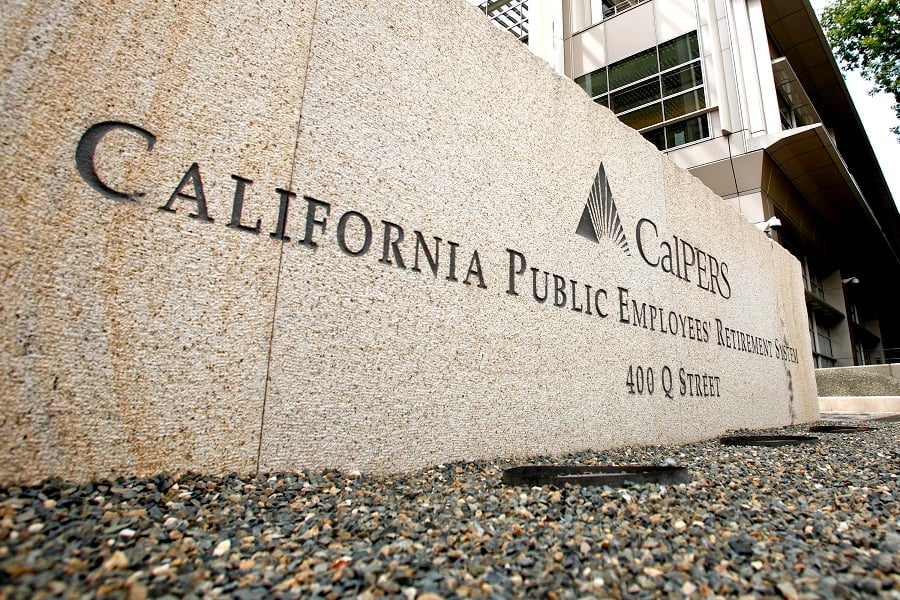CalPERS said Tuesday in a long-awaited disclosure that since 1990 it had paid $3.4 billion in performance fees to private equity managers and had received $24.4 billion in net gains over that period.
For the latest fiscal year ended June 30, the $291.4 billion pension fund said it had paid $700 million in carried interest to private equity firms, while earning $4.1 billion.
“Private equity has the highest net returns in our portfolio," said Ted Eliopoulos, chief investment officer, in a statement. “As a long-term investor, it is an important piece of our investment strategy and our mission to provide pension benefits for generations to come.”
Private equity returns were 8.9% net of fees for the latest fiscal year, compared with 1% for its public equity portfolio. CalPERS has $28.9 billion in private equity assets.
NO IDEA
The California Public Employees' Retirement System had been unable to track carried interest data until recent enhancements to its computer system. The lack of disclosure had led to criticism that the pension fund had no idea how much it was paying private equity managers.
Few public pension funds track such data, and the CalPERS disclosure is expected to push other pension systems to make such disclosures.
(More: Pension giants out of sync with alternative investments)
The lack of data provided has also become a flashpoint for a national debate over the amount of fees paid to private equity managers, given the risks and illiquidity of the investments.
One critic, Michael Flaherman, a visiting scholar at the Center on Governing & Investing in the Future at the University of California, said in an interview that the fees CalPERS and other pension funds are paying is too much.
“It's hard to understand why you need to pay billions of dollars to a small number of individuals at private equity firms to get out of bed,” Mr. Flaherman said.
http://www.investmentnews.com/wp-content/uploads/assets/graphics src="/wp-content/uploads2015/11/CI1026771124.JPG"
Mr. Flaherman said the released data do not include other fees such as portfolio monitoring fees that private equity general partners charge portfolio managers and is not normally shared with limited partners.
California Treasurer John Chiang said in a statement that while he applauded CalPERS for releasing the data, it is not enough.
“However, too much compensation information remains missing, and no amount of profit-sharing returns should cause us to turn a blind eye to demanding full transparency and accountability from firms which call themselves our 'partners,'” Mr. Chiang said. “With any other investment class, it would be a no-brainer to demand full disclosure of all fees and costs.”
(More: Calpers squeezing out 8% fee savings from money managers)
The Private Equity Growth Capital Council's view is that the CalPERS information that was released is positive.
“The data released by CalPERS today shows the success of its private equity program, and is excellent news for California's public employees, pensioners and the state budget,” spokesman James Maloney said in a statement. “It also highlights the strong partnership between private equity and pensions; a partnership based on an alignment of each party's interest.”
Randy Diamond is a reporter at sister publication Pensions & Investments.







